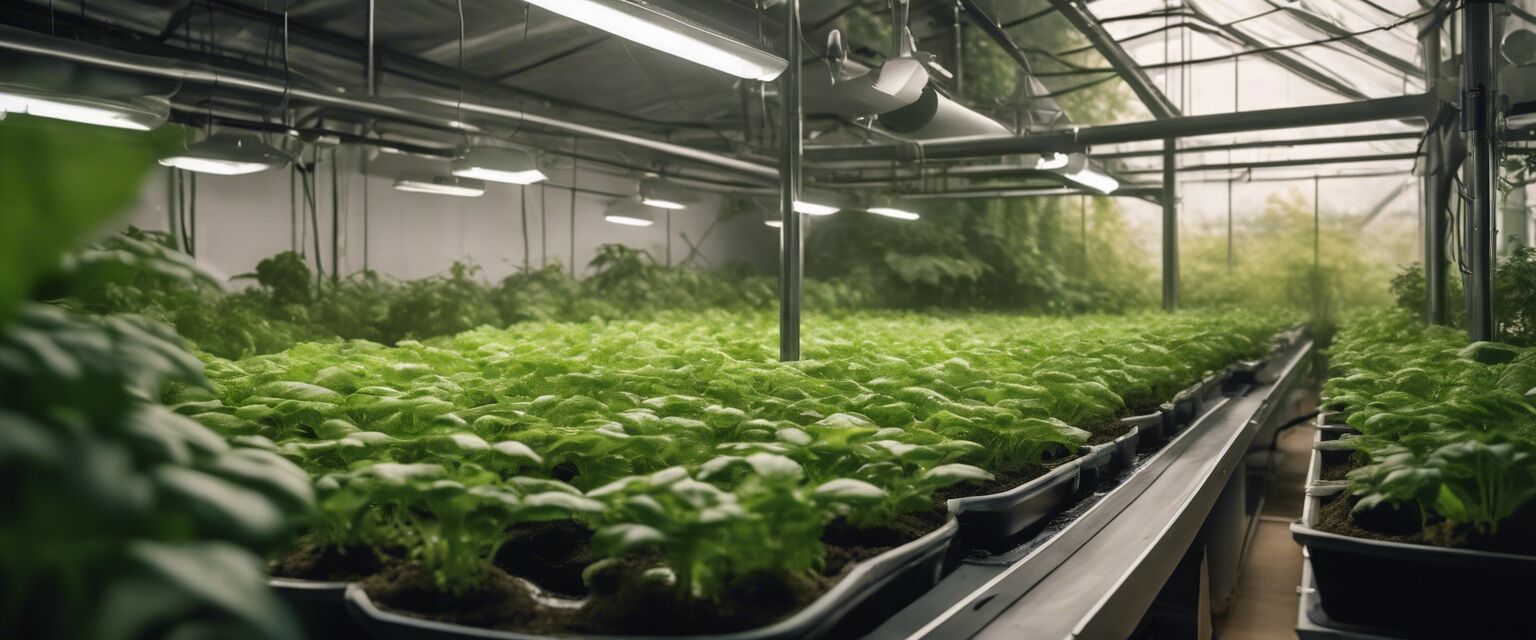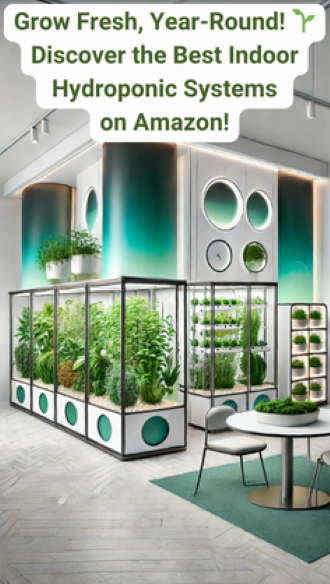
Organic Nutrient Solutions for Hydroponics
Key Takeaways
- Organic nutrients enhance soil microbiology for better plant health.
- Popular organic nutrient sources include compost tea, worm castings, and fish emulsion.
- Understanding nutrient ratios is crucial for maximizing plant growth.
- Monitoring pH levels helps in maintaining nutrient availability.
- Regular adjustments and testing protocols are essential for optimal performance.
When it comes to hydroponic gardening, the nutrients you provide to your plants play a crucial role in their overall health and yield. Organic nutrient solutions offer a natural approach, ensuring that your plants receive the essential nutrients they need to thrive. By exploring various organic nutrient options, you can cultivate healthier plants that are more resilient to pests and diseases. In this article, we delve into the world of organic nutrient solutions and their benefits for hydroponic systems.
Why choose organic nutrients?
Organic nutrients are derived from natural sources, which means they provide essential minerals and elements in a form that is easier for plants to absorb. The advantages of using organic nutrients in hydroponics include:
- Improved soil structure and fertility
- Enhanced biological activity in the nutrient solution
- Reduction of chemical runoff and environmental impact
- Promotion of healthy plant growth and resilience
Types of organic nutrient solutions
There’s a variety of organic nutrients to consider for your hydroponic setup. Below is a table summarizing common organic nutrient sources and their benefits:
| Organic Nutrient Source | Benefits |
|---|---|
| Compost Tea | Rich in beneficial microbes and nutrients; enhances plant growth. |
| Worm Castings | High nutrient content; improves soil structure and aeration. |
| Fish Emulsion | High in nitrogen; promotes vigorous plant growth. |
| Seaweed Extract | Contains trace nutrients; stimulates plant defenses and root growth. |
| Molasses | Feeds beneficial microorganisms; enhances nutrient uptake. |
How to use organic nutrients in hydroponics
To effectively utilize organic nutrients in your hydroponic system, consider these key practices:
- Mixing solutions: Combine organic nutrients according to specific ratios based on your plants' needs.
- Maintaining pH: Regularly check the pH levels to ensure nutrients remain available to plants—optimal pH is typically between 5.5 and 6.5.
- Feeding schedule: Establish a feeding schedule that aligns with your plant growth cycle—early stages may require a different nutrient balance than flowering stages.
- Monitoring and Adjusting: Continuously monitor plant health and adjust nutrient concentrations as needed.
Common challenges with organic nutrients
While organic nutrients are beneficial, they may present challenges, such as:
- Nutrient release rates can vary, leading to fluctuations in nutrient availability.
- Some organic solutions may cause odors.
- Balancing nutrient ratios can be tricky without proper testing equipment.
Managing nutrient deficiencies
Recognizing nutrient deficiencies early can help you maintain plant health. Watch for these signs:
| Nutrient Deficiency | Symptoms |
|---|---|
| Nitrogen | Yellowing of older leaves, stunted growth. |
| Phosphorus | Dark green or purplish leaves, delayed flowering. |
| Potassium | Brown edges on leaves, weak stems. |
| Calcium | Blossom end rot, curled leaves. |
Helpful tips for managing organic nutrient solutions
Beginners Section
- Start with a balanced nutrient mix to avoid imbalances.
- Test your water sources and adjust nutrients accordingly.
- Keep a log of plant growth and nutrient changes to track progress.
- Look into companion planting to diversify nutrient uptake.
Final thoughts
Embracing organic nutrient solutions in your hydroponic gardening can lead to impressive results. By understanding the various nutrient options available and their benefits, you can create an optimal environment for plant growth. Whether you're just getting started or are a seasoned grower, integrating these organic practices will elevate your hydroponic gardening game.
Pros
- Natural and environmentally friendly.
- Supports overall plant health and growth.
- Boosts beneficial microbial activity.
Cons
- May require more frequent adjustments and monitoring.
- Fluctuations in nutrient availability can occur.
- Potential for odors in some organic solutions.
For further reading on nutrient management in hydroponics, check out our guides on nutrient management and nutrient and additive solutions. Explore our complete list of growing techniques to improve your hydroponic strategies.
